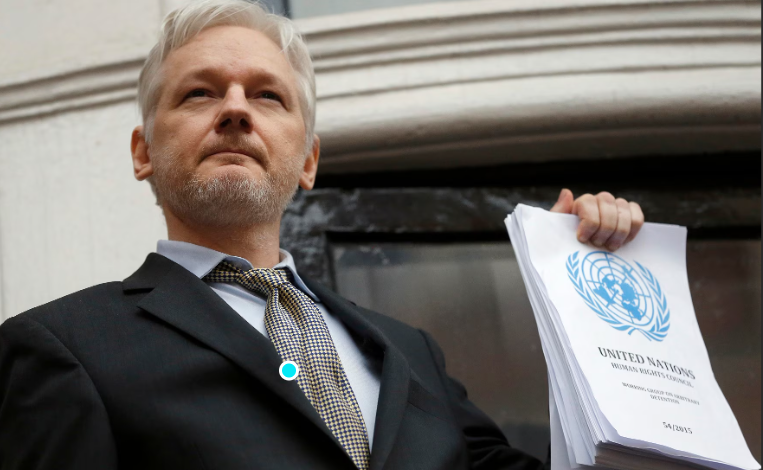WikiLeaks’ Julian Assange to Admit Violating Espionage Act, Will Be Sentenced to Time Served: DOJ

Julian Assange, the founder of WikiLeaks, has reportedly reached a deal with the U.S. Department of Justice (DOJ) to admit to violating the Espionage Act. This development could mark a significant turning point in the protracted legal battle surrounding Assange, who has been a controversial figure in global politics and media since WikiLeaks began publishing classified documents over a decade ago.
Background
Julian Assange gained international notoriety when WikiLeaks released a massive trove of classified U.S. military and diplomatic documents in 2010. These disclosures, known as the Iraq War Logs, the Afghan War Diary, and the diplomatic cables, exposed various U.S. government activities and sparked worldwide debates on government transparency and security.
Assange has been residing in the Ecuadorian embassy in London since 2012 to avoid extradition to Sweden over unrelated sexual assault allegations, which have since been dropped. In April 2019, he was forcibly removed from the embassy and subsequently arrested by British authorities. Since then, he has been fighting extradition to the United States, where he faces multiple charges under the Espionage Act.
Admission and Sentencing
The DOJ’s deal with Assange involves him admitting to some of the charges under the Espionage Act. In return, it is expected that he will be sentenced to time served. Assange has been in various forms of detention for over a decade, including house arrest, embassy asylum, and prison.
Legal and Political Implications
Assange’s admission to violating the Espionage Act and the potential resolution of his case carry significant legal and political implications:
- Legal Precedent: This case sets a notable precedent regarding the application of the Espionage Act to journalistic activities. Critics argue that prosecuting Assange under this act could have a chilling effect on press freedom and the protection of whistleblowers.
- U.S.-UK Relations: The resolution of Assange’s extradition case could impact diplomatic relations between the United States and the United Kingdom, highlighting the complexities of international law and cooperation.
- Public Opinion: Assange remains a polarizing figure, with supporters viewing him as a champion of free speech and government transparency, while detractors consider his actions reckless and dangerous to national security.
Assange’s Health and Future
Throughout his detention, Assange’s health has reportedly deteriorated, with concerns about his physical and mental well-being. His supporters have long argued that prolonged confinement has taken a severe toll on him. Assuming the deal proceeds as expected, Assange might soon gain his freedom, but his future remains uncertain. Whether he will continue his work with WikiLeaks or engage in other forms of activism is yet to be seen.
Reactions
Reactions to this development are likely to be mixed. Advocacy groups supporting press freedom and human rights may welcome the resolution but continue to express concerns about the broader implications for journalists. Conversely, government officials and those concerned with national security might view this as a just conclusion to a contentious saga.
The potential agreement between Julian Assange and the DOJ to admit to violating the Espionage Act and be sentenced to time served





